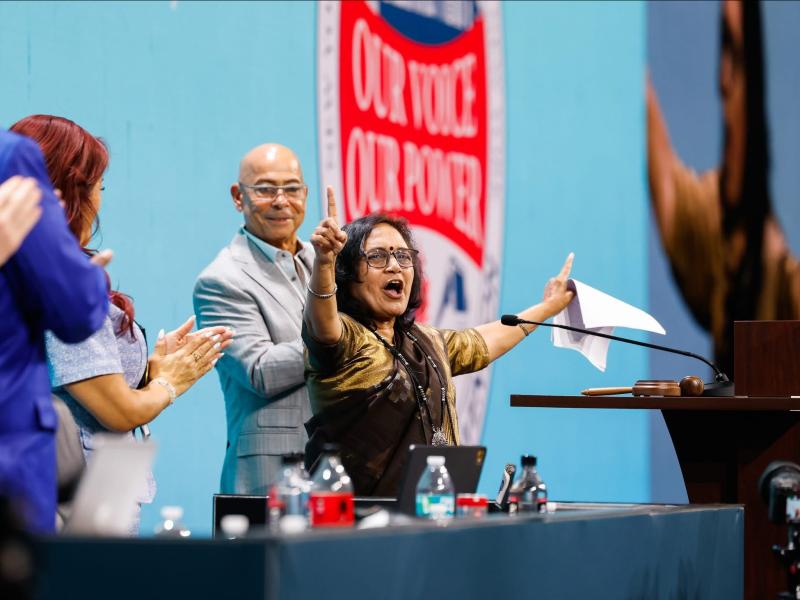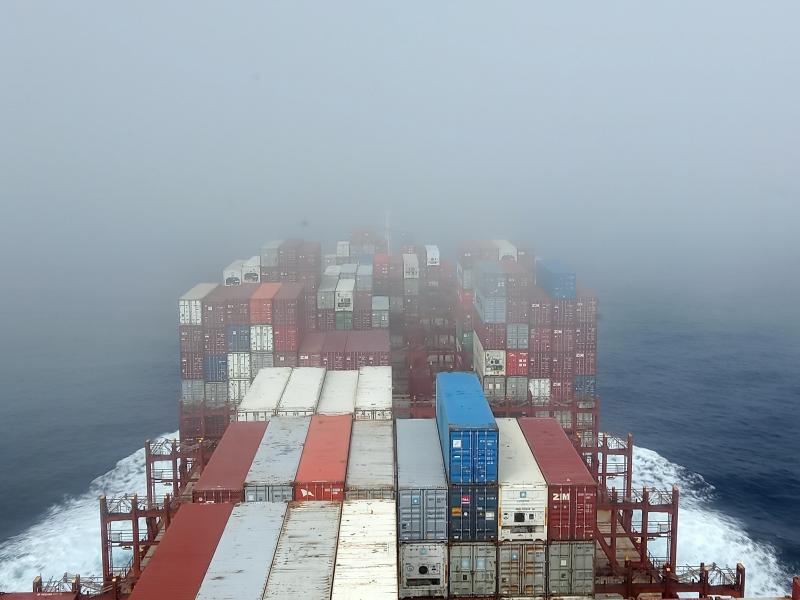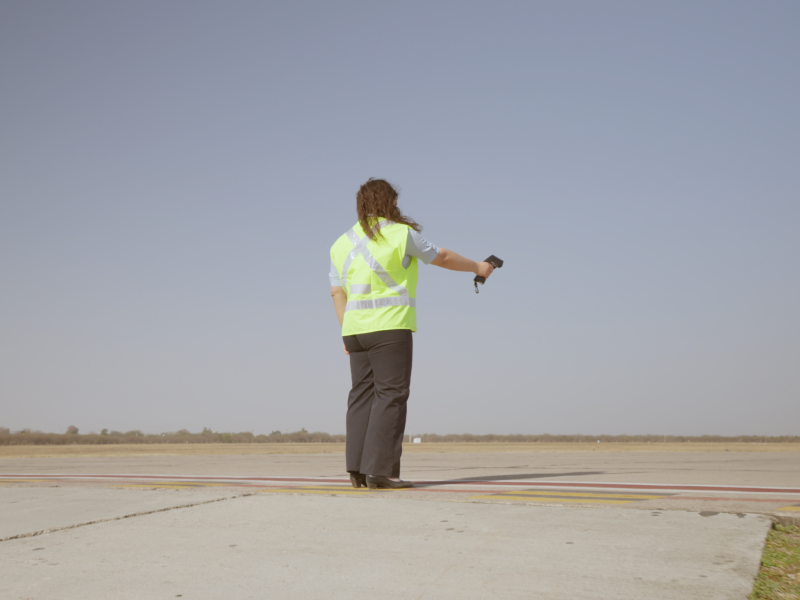Uber drivers in Aotearoa New Zealand have won a historic legal battle in the courts. Together with FIRST Union and E tū, the workers challenged Uber over the crucial question of their employment status.
Finding in favour of the workers, the judgement found that “Each of the plaintiff drivers was in an employment relationship when carrying out driving work for Uber and is entitled to a declaration of status accordingly."
This landmark judgement sets an important precedent not just in Aotearoa New Zealand, but for workers in the gig economy everywhere.
Anita Rosentreter, from FIRST Union, said: "This is a landmark legal decision not just for Aotearoa but also internationally."
The judgement will have particular resonance in other parts of the world where workers from Uber and other gig economy employers are engaged in fights for the same rights.
“Collective bargaining is a fundamental human right and a key instrument for advancing workers’ rights globally, and platform workers deserve the same rights as all other workers.” said Stephen Cotton, ITF General Secretary.
“Following this landmark ruling, we encourage Uber to sit down with First Union and their members to negotiate a collective bargaining agreement.”
While the ITF and its affiliates around the world continue to engage in dialogue with Uber to improve pay and conditions for workers, we have always been clear that correct employment classification remains a core principle, and we will continue to support our affiliates fighting for it.
In the EU, an ambitious new legislative directive on platform workers’ rights - which the ITF and ETUC support enthusiastically - could enshrine these rights across Europe.
We continue to call on all gig economy platforms, to engage meaningfully with their workers through collective bargaining with their democratic representatives.







